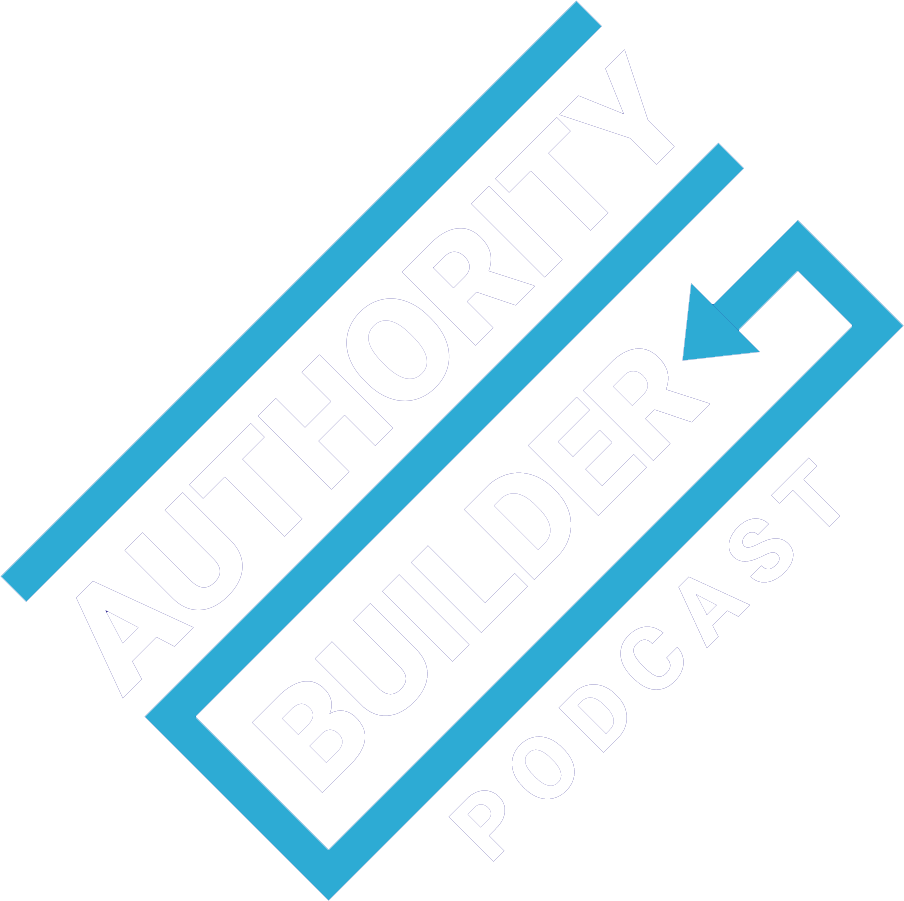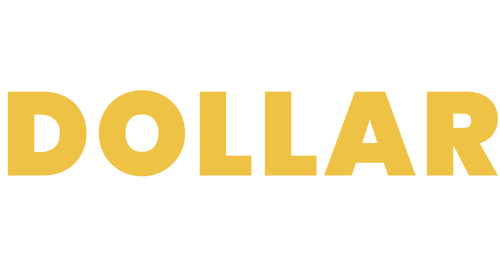John Jantsch, author of best-seller Duct Tape Marketing and the new The Self-Reliant Entrepreneur, is passionate about helping small businesses market smarter and more effectively through a proven system based on strategies that get more leads and customers.
But in many ways, he starts with the basics.
First, creating a solid foundation for success by adopting a mindset of curiosity, resilience, gratitude, and desire to give value.
One of the most important elements, says John, is being able to trust yourself. Without that, you’ll never be able to achieve the success you’re capable of… and deserve.
We go into depth on that, as well as…
- Why being self-reliant doesn’t mean being on your own
- A quiet morning ritual you should start tomorrow
- What you can learn – and apply today – from 19th-century authors
- How – and why – to learn to trust yourself
- And more
Listen now…


